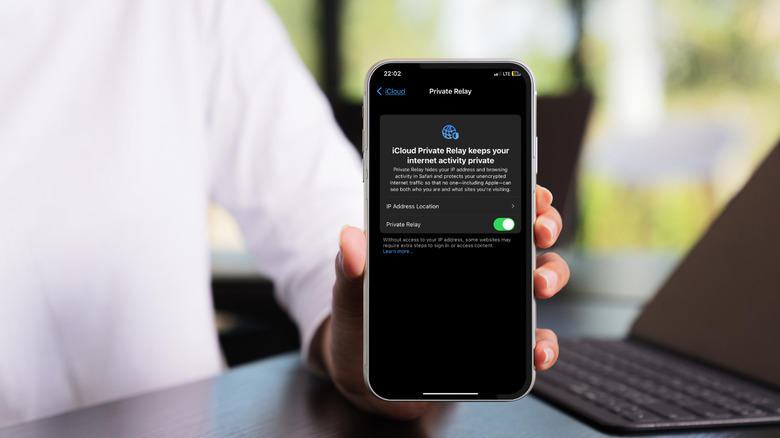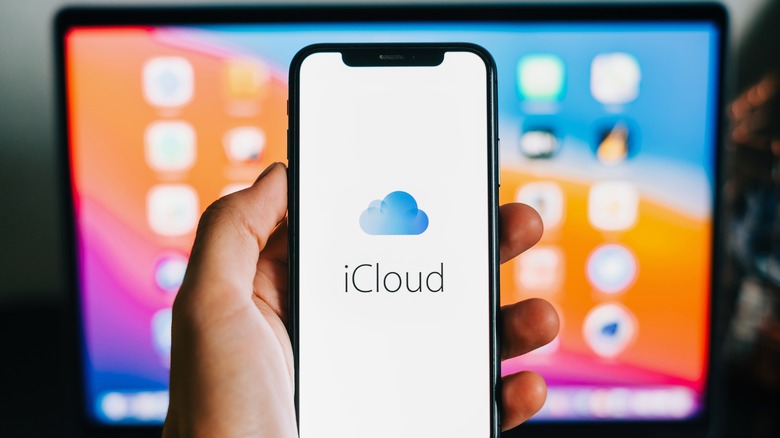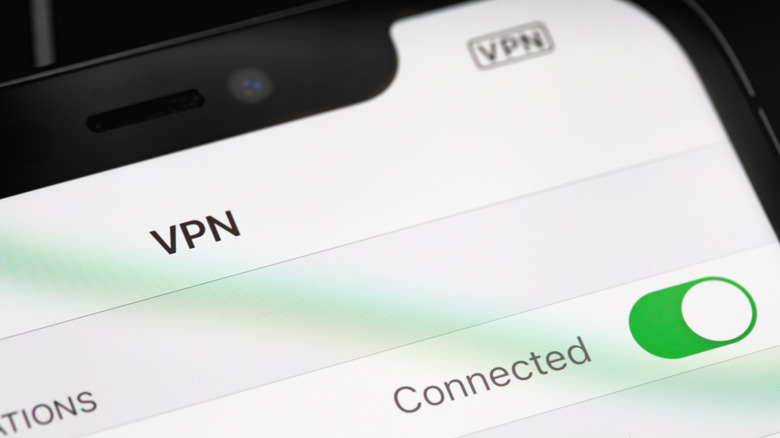iCloud Private Relay Vs VPN: The Key Differences Explained
Apple rolled out Private Relay as one of the new security features on iOS 15 — it's available to all paid iCloud accounts (as part of what Apple calls iCloud+), and sounds a lot like a VPN service. Private Relay masks and encrypts all traffic leaving your device via Safari by rerouting it through different servers, so that no one — including Apple — can intercept or compromise your data.
But it's not time to cancel your VPN subscriptions just yet. Although both share some fundamental similarities, Private Relay is still quite different from and limited compared to a VPN service. It's important to understand its limitations so that you don't unwittingly compromise your privacy and security.
Still, iCloud Private Relay may be good enough as a security measure for most people, providing the basic benefits of a VPN to users who are reluctant to sign up for a similar VPN service. Let's take a closer look at how Private Relay works, and how it's different from a VPN.
iCloud Private Relay: what it is and how it works
By default, your network provider and the websites you visit collect some information when you browse the web, such as your DNS (Domain Name System) records and your device's IP address. Add web cookies to the mix, and this information makes it too easy to build and track a detailed profile of your online identity — including your exact location and browsing history. Exploitative advertisers look for that specific personal data to fine-tune their ad-targeting tactics.
In this context, that's how Private Relay intends to protect you, according to Apple. With the feature enabled, Safari sends your web requests through two separate "hops" or internet relays: The first relay is a proprietary proxy server, and the other is an unnamed "third-party content provider." When you use Safari, your data is encrypted and then sent to Apple's proxy server, at which point the DNS request and your device's IP address are separated.
Your IP address remains visible to Apple's proxy server and your network provider, but your DNS records are encrypted. This is passed on to a second relay which decrypts the destination website address, swaps your IP address for a fake one, and connects you to the site.
This means that Apple will have details of your IP address but not your DNS records, and the other partner will have DNS details, but not your IP address (so they cannot pinpoint your identity or location). Neither Apple, nor your network provider or the destination website, has sufficient data to correctly identify you online.
How Private Relay is different from a VPN
Private Relay and VPNs have some functions in common: they both encrypt your data and shield you from intruders online. However, Private Relay is inadequate on several key fronts compared to a VPN.
Primarily, Private Relay only works within Apple's Safari browser, so it provides very limited coverage. As far as online security measures go, it's more like a proxy than a VPN. A VPN provides more extensive protection — all traffic leaving your device is masked and encrypted.
It also does not make your web traffic completely untraceable. Apple replaces your IP address with temporary ones from the closest relay server — allowing necessary websites to use geotagging to deliver localized data (news, weather, relevant ads, etc.). It's a useful feature, but there's a drawback. Even though they can't individually identify you, destination servers and other outside parties can still determine your approximate location. The best VPNs can completely cloak your online identity.
Private Relay also does not allow you to choose a server region. VPNs can allow you to change your region by connecting to a server in a different location, thereby allowing you to watch Netflix from another country or access YouTube content that's not available in your region, or even land better deals while shopping. You cannot do that with Private Relay.
If you want basic protection, then iCloud Private Relay is sufficient enough. But for a more complete, device-wide protection, a VPN service makes more sense.


